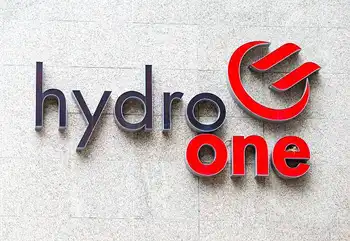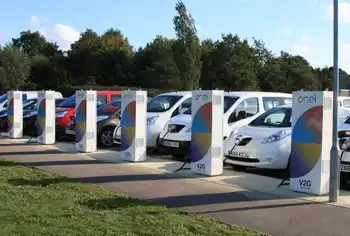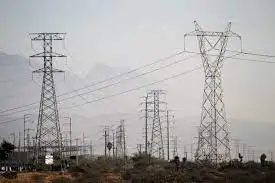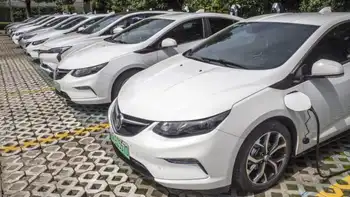Netherlands records 40% increase in cogeneration
By Industrial Info Resources
NFPA 70e Training - Arc Flash
Our customized live online or in‑person group training can be delivered to your staff at your location.

- Live Online
- 6 hours Instructor-led
- Group Training Available
In CHP plants — also known as cogeneration or cogen plants — heat generated from the combustion of fossil fuels such as coal, oil or gas is also used for other purposes such as space heating or as process heat for manufacturing. Recovering and reusing heat, which is otherwise wasted, can reduce the use of fossil fuels and emission of greenhouse gases. For example, during the 10-year period ending 2008, the total amount of electricity and heat produced increased 15%, while the amount of fossil fuels consumed rose only 10%.
In 1998, CHP plants produced about 49 billion kilowatt-hours (kWh) of electricity. By 2008, the figure had risen to 61 billion kWh. During the same period, the total amount of electricity generated in the Netherlands grew from 92 billion kWh to 108 billion kWh. In comparison, the amount of electricity produced from wind power systems increased significantly, from 600 million kWh in 1998 to 4.3 billion kWh.
The Netherlands has set very ambitious targets for energy production and the reduction in greenhouse gas emissions to be achieved by 2020. The government proposes to reduce greenhouse gas emissions by 30% from 1990 levels and produce 14% of its energy mix from renewable sources by 2020. With renewable sources accounting for only 2.4% of the current energy mix, achieving the latter target could prove difficult.
Another challenging target set by the Netherlands government is to improve annual energy efficiency 2% by 2020. This is the area in which CHP plants will help the Netherlands. The main advantage of a CHP plant is increased efficiency. On average, a coal-fired power plant has an efficiency of about 33%, while a natural-gas-fired plant can convert up to 65% of the fuel to usable energy. A typical CHP plant, however, can achieve efficiency ratings of between 75% and 90%.
It has been estimated that slightly more than 8% of the world's electricity is produced from CHP plants. As of 2008, global CHP power generating capacity was about 325,000 MW. Within Europe, approximately 11% of electricity is generated from CHP plants, with the highest CHP activity found in Denmark, Finland and the Netherlands.
One of the more interesting applications of CHP in the Netherlands is the Royal Pride Holland Commercial Greenhouse Cogeneration Plant (Middenmeer). This commercial tomato greenhouse, located about 50 kilometers north of Amsterdam, is one of the Netherlands' largest commercial greenhouses and uses cogeneration to produce an impressive 95% overall energy utilization. This is achieved by using waste heat from gas turbine generators to provide warmth to the 45-hectare greenhouse site. At the same time, carbon dioxide is captured from the exhaust gases and used to stimulate plant growth.











